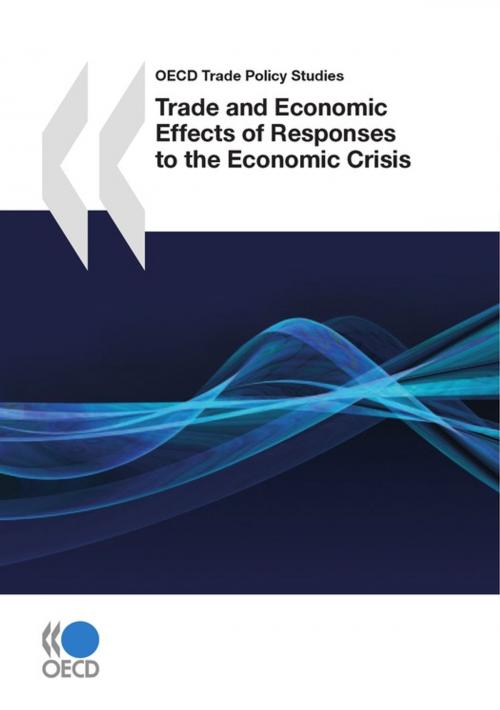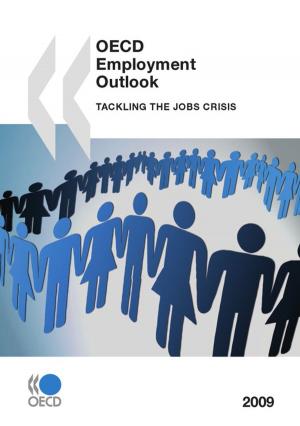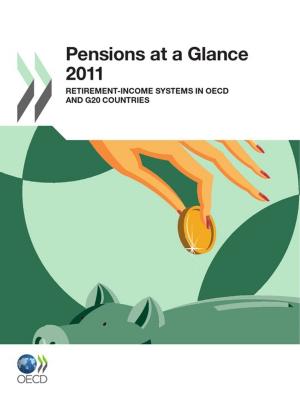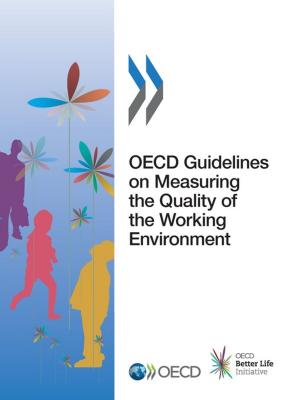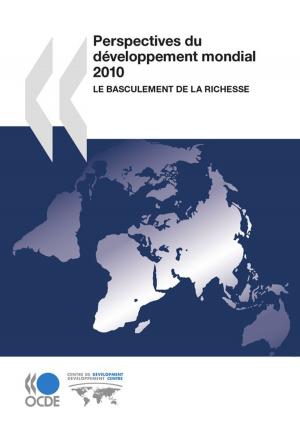Trade and Economic Effects of Responses to the Economic Crisis
Nonfiction, Social & Cultural Studies, Political Science, International, International Relations| Author: | Collective | ISBN: | 9789264088436 |
| Publisher: | OECD | Publication: | August 26, 2010 |
| Imprint: | OECD | Language: | English |
| Author: | Collective |
| ISBN: | 9789264088436 |
| Publisher: | OECD |
| Publication: | August 26, 2010 |
| Imprint: | OECD |
| Language: | English |
The dramatic collapse in world trade in 2009 is, this report shows, mainly due to: the drop in demand for highly traded products; the drying up of trade finance; and the vertically integrated nature of global supply chains. Contrary to expectations, protectionist measures were relatively muted and did not play a significant part. In fact, because of their sheer size, stimulus measures may have had more impact on trade than direct trade policy measures Nevertheless, dollar for dollar, direct trade restricting measures have the most strongly negative impacts on growth and employment: a one dollar increase in tariff revenues results in a USD 2.16 drop in world exports and a USD 0.73 drop in world income.
The analyses presented here suggest that exit strategies from measures to deal with the crisis will be most effective in boosting growth and jobs if they first roll back measures that discriminate between domestic and foreign firms and those that target specific sectors. General demand stimulus measures and active labour market policies are preferable under current conditions.
The dramatic collapse in world trade in 2009 is, this report shows, mainly due to: the drop in demand for highly traded products; the drying up of trade finance; and the vertically integrated nature of global supply chains. Contrary to expectations, protectionist measures were relatively muted and did not play a significant part. In fact, because of their sheer size, stimulus measures may have had more impact on trade than direct trade policy measures Nevertheless, dollar for dollar, direct trade restricting measures have the most strongly negative impacts on growth and employment: a one dollar increase in tariff revenues results in a USD 2.16 drop in world exports and a USD 0.73 drop in world income.
The analyses presented here suggest that exit strategies from measures to deal with the crisis will be most effective in boosting growth and jobs if they first roll back measures that discriminate between domestic and foreign firms and those that target specific sectors. General demand stimulus measures and active labour market policies are preferable under current conditions.
